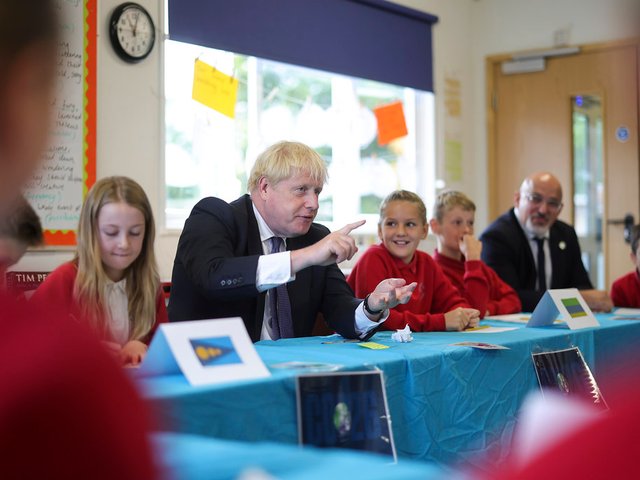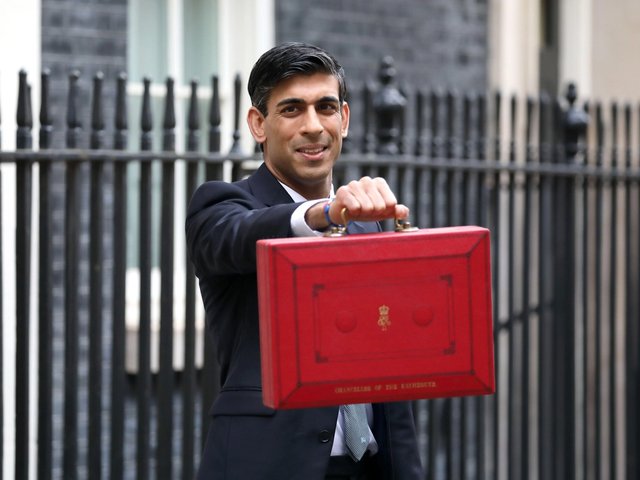The UK Chancellor of the Exchequer Rishi Sunak has confirmed in today’s budget that his government under Prime Minister Boris Johnson will establish a £250m fund to support local museums and neighbourhood libraries. The budget, the first delivered since the UK left the European Union in January, also paves the way for a series of controversial freeports to be built across the country.
The £250m fund was announced in the Conservative manifesto last November. The money could go some way in filling the gap left by the loss of numerous public libraries over the past three years; in 2018 alone, more than 130 libraries were forced to close due to the Conservative government’s austerity drive over the past decade. Meanwhile, £90m will be made available from the new culture budget as of April for a Cultural Development Fund that will support cultural regeneration proposals outside of London.
The 2020 budget report also states that the government has “launched a consultation on creating up to ten new Freeports that will work for all of the UK”, giving the green light to the vast storage facilities that can be used to store valuable works of art, cars and jewellery without incurring customs or sales tax.
The total spending budget for the Department for Digital, Media Culture and Sport (DCMS) will increase from £1.6bn (2019-20) to £1.7bn next year. Other announcements made by Sunak today in the House of Commons include funding of £25,000 for each secondary school annually to invest in “arts activities”. Crucially, business rates will be suspended for a year for small businesses with a rateable value of below £51,000, a move which will also benefit some UK museums. The corporation tax rate of 19%, the lowest among the G20 countries, might also prove a fillip for the art market.
National museums will also get a lick of paint with £27m provided for “critical maintenance work on the National Museums’ estates”. Meanwhile, Sunak, formerly a banker, said that “our greatest export to the world is language”, announcing the abolition of VAT on digital newspapers, magazines and academic journals from 1 December, which could cover art publications.
Many of the measures announced in the budget were designed to combat the impact of the coronavirus (Covid-19) outbreak on the economy. Tracy Brabin, the shadow secretary of state for culture, tweeted however that, with Covid-19, “the impact on cultural and sporting institutions will be severe. I’m disappointed that the government has not announced specific measures in today’s budget to support DCMS sectors."
According to the Guardian, the money saved from leaving the European Union will be “recycled into substitute UK spending”, supporting farming, industrial strategy and science programmes. Direct Brexit fiscal savings are only worth £4.3bn this financial year because most of Britain’s EU divorce payments need to be paid up front.




